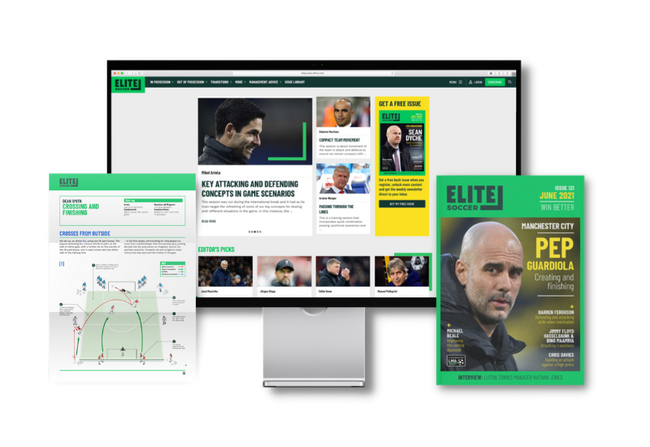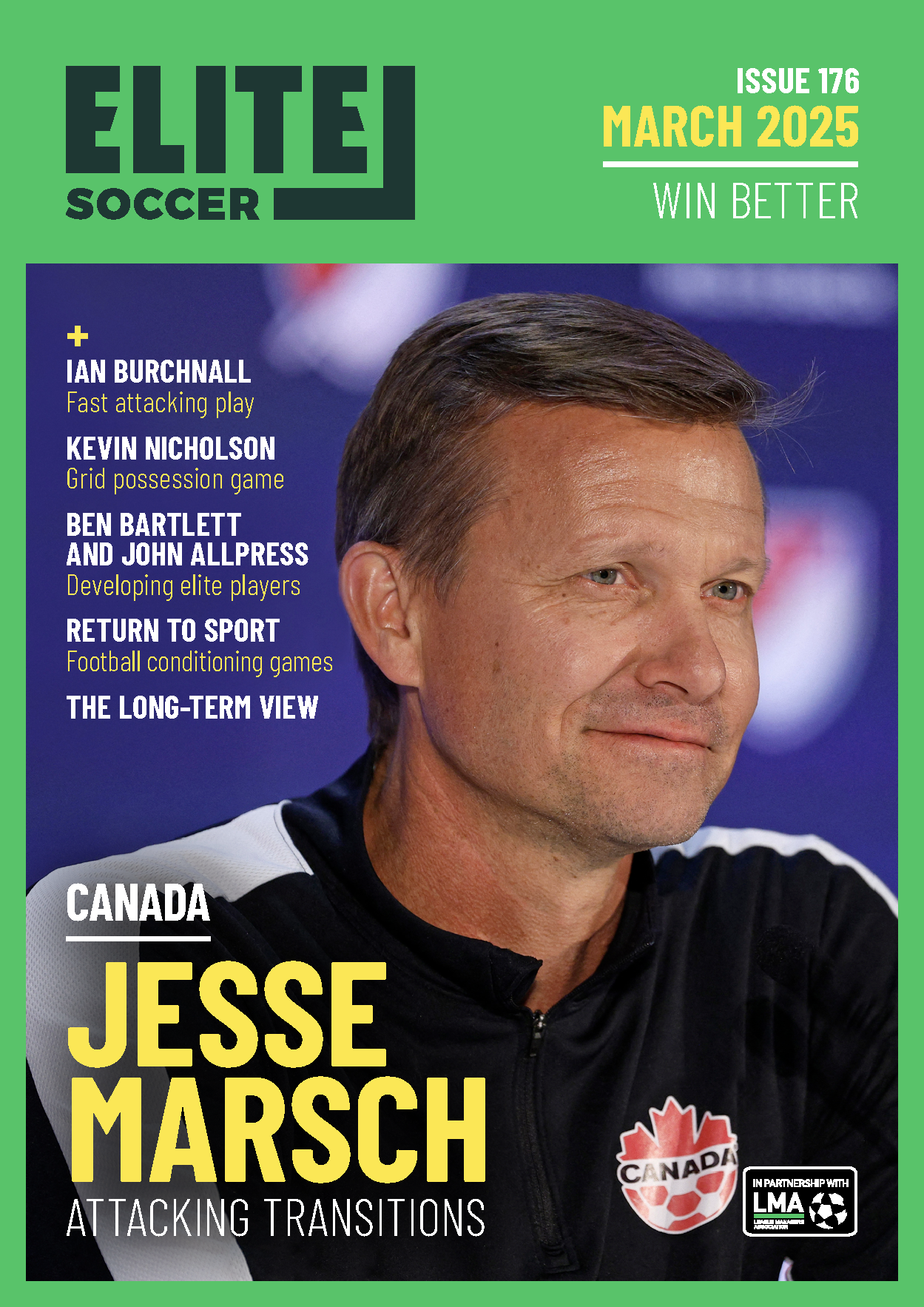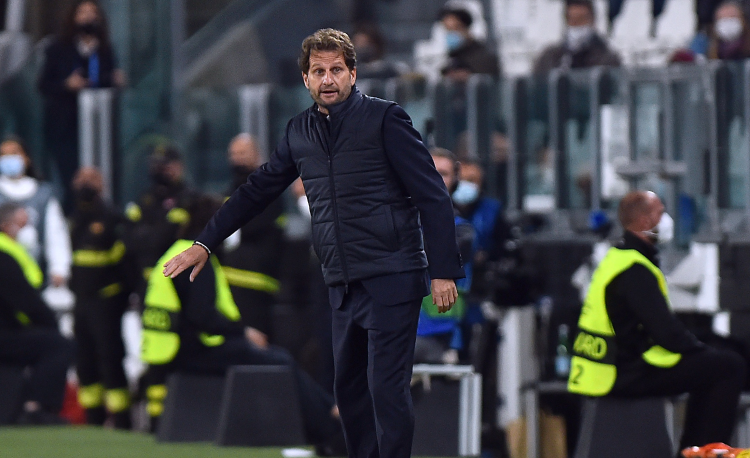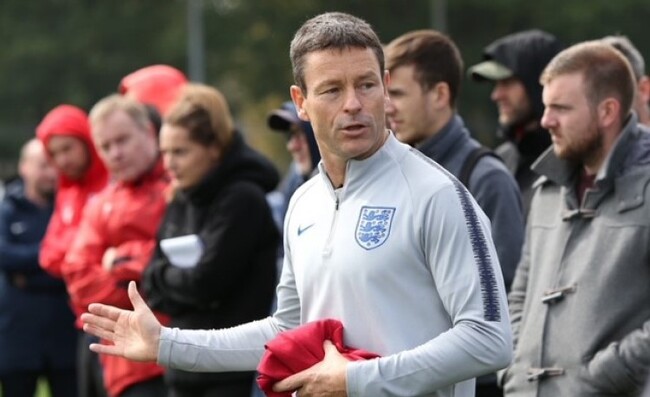Coaching outside the box
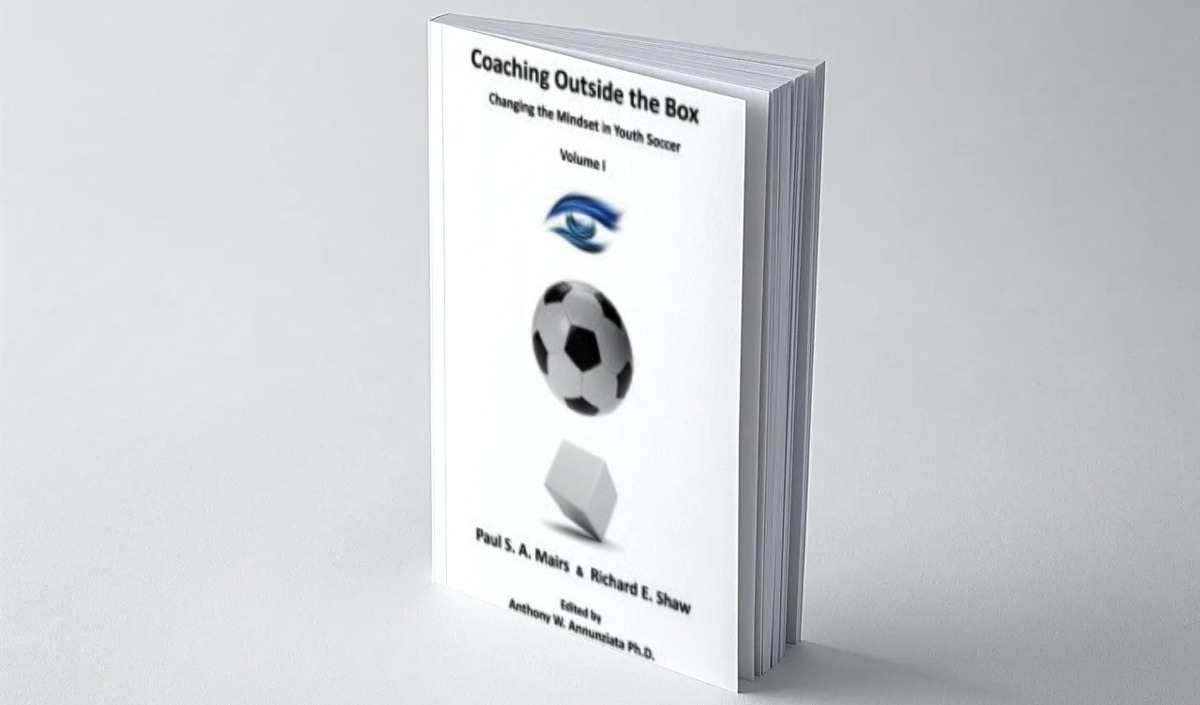
Two former semi-professional footballers combine the psychological skills picked up from two decades in the game to offer a new take on player development and engagement.
Of all the statistics that surround youth soccer coaching there is probably one that stands out as the most alarming – that 70-80% of all kids involved in the formative stages of the sport will drop out before they’ve even come close to realising their full potential.
In assessing why that is and offering a solution to the stale and outdated mindsets that still occupy a number of coaches in Europe, the US and beyond, Paul Mairs and Richard Shaw have put together a new take on soccer development. ‘Coaching Outside the Box’ is making great waves on both sides of the Atlantic for its ability to strip out the conversation and conjecture. Instead it focuses on the core essentials – the alarming juxtapositions that sit in the triangle between what players want, what players need, and what coaches ultimately offer.
As Mairs and Shaw discuss, the solution for the perfect coaching environment and structure is probably somewhere in the middle of that triangle, but the guidance can only come from one person – you, the coach.
Crucial soccer ideals are approached in this book – everything from equal playing time to competitiveness, coaches not progressing their own development, right through to the way young players are treated and spoken to. ‘Coaching Outside the Box’ asks readers to assess every aspect of their delivery and philosophy, with the suggestion that, over time, working habits become laboured, blurred and lazy.
What’s more, the book can just as easily be directed at parents looking to improve their child’s ability away from a team situation, such is the way it encompasses the basic ideals of sports provision.
Perhaps the only frustration that remains after reading this is the reality that not everything is solvable. Councils, leagues, organisations and authorities come in for criticism for the availability of sport, and the financial bias that is increasingly being placed on that provision. And despite the fact that both authors grew up playing in the north-west of England, against competitors as renowned as David Beckham and Paul Scholes, there is a strong US bias that’s perhaps unnecessary given the ubiquitous nature of the problems outlined in the study.
But the overriding feeling that remains upon completing the book is hope. Mairs and Shaw do not as much reinvent the wheel (or in their terms, collapse the box and rebuild it); rather they draw in and organise widespread research and observations, with that presenting punishingly strong cases for changes of mindset. Perhaps for the first time ever, a book on soccer coaching succeeds in tackling every aspect of coaching philosophy for young players.
The true usefulness of this book may not be witnessed on parks and training pitches next week, next month, or even next season. But in years to come ‘Coaching Outside the Box’ may well be regarded as one of the cornerstones of literature that helped to mend what is, in places, a broken game.
COACHING OUTSIDE THE BOX - Changing the Mindset in Youth Soccer, Paul Mairs and Richard Shaw.
Editor's Picks
Attacking transitions
Deep runs in the final third
Using the goalkeeper in build-up play
Intensive boxes drill with goals
Penetrating the final third
Creating and finishing
My philosophy
Pressing initiation
Compact team movement
Coaches' Testimonials

Alan Pardew

Arsène Wenger

Brendan Rodgers

Carlos Carvalhal

José Mourinho

Jürgen Klopp

Pep Guardiola

Roy Hodgson

Sir Alex Ferguson

Steven Gerrard
Coaches' Testimonials

Gerald Kearney, Downtown Las Vegas Soccer Club

Paul Butler, Florida, USA

Rick Shields, Springboro, USA

Tony Green, Pierrefonds Titans, Quebec, Canada
Join the world's leading coaches and managers and discover for yourself one of the best kept secrets in coaching. No other training tool on the planet is written or read by the calibre of names you’ll find in Elite Soccer.
In a recent survey 92% of subscribers said Elite Soccer makes them more confident, 89% said it makes them a more effective coach and 91% said it makes them more inspired.
Get Monthly Inspiration
All the latest techniques and approaches
Since 2010 Elite Soccer has given subscribers exclusive insight into the training ground practices of the world’s best coaches. Published in partnership with the League Managers Association we have unparalleled access to the leading lights in the English leagues, as well as a host of international managers.
Elite Soccer exclusively features sessions written by the coaches themselves. There are no observed sessions and no sessions “in the style of”, just first-hand advice delivered direct to you from the coach.
